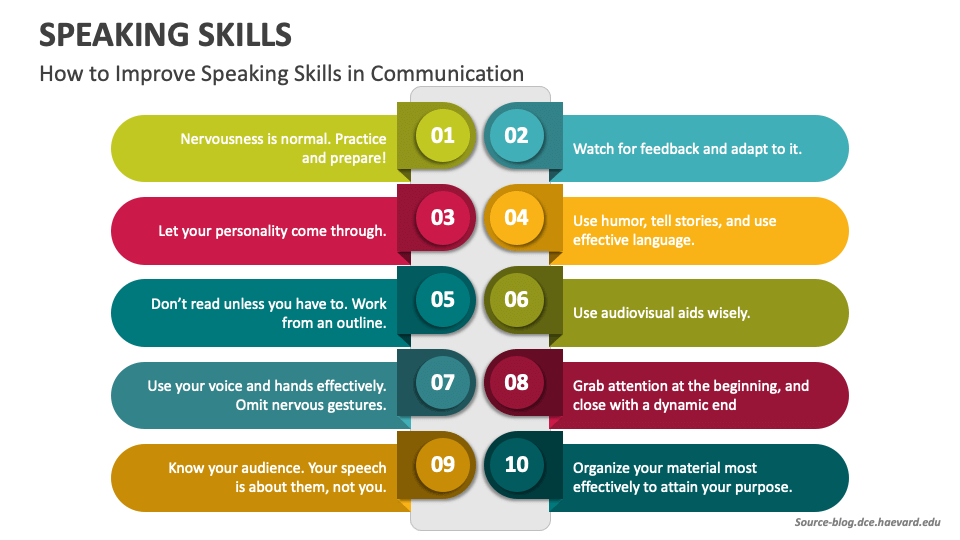
- jaro education
- 31, March 2024
- 2:00 pm
What is an Effective Communication Skill?
The concept of effective communication skill has changed a lot over the years. Earlier, it used to be knowing the language and speaking it correctly, but now there are multiple factors like confidence, posture, tone, etc considered while evaluating the parameters for effective communication skills.
Why is Effective Communication Important?
Effective communication skills became a necessity over the period of time as humans evolved. Due to the career opportunities at a global level, people are looking to learn various languages making their life easy in the country they want to spend their life in. As English is a general language which is considered by most of the nations to use it as a mode of communication, it has become crucial to learn this language on priority.
Table of Contents
It is not only a challenge for the unemployed people facing a problem to crack the interviews, but also for the professionals to convey their message effectively without any sort of misunderstanding. To have smooth functioning at the workplace with a good flow of communication and in life as well to ensure good relations.

*collidu.com
10 Tips to Improve English Speaking Skills
1. Practice, Practice, & Practice
The first & foremost thing in learning anything is to accept the weakness. So, honesty plays a huge role in knowing where the person stands and in what areas they need to work on. In this case, it is about improving English speaking skills or having effective communication skills. Improving English speaking skills requires consistent practice. Engage in daily conversations, participate in discussion groups, or consider language exchange partnerships. More importantly, while having the discussion, there has to be a partner who will be consistent and will not make fun of your language which may impact the confidence level and at the same time rectify the mistakes appropriately. The more you practice, the more confident and articulate you become.
2. Build Your Vocabulary
Having a good knowledge of vocabulary by learning new words can attract a lot of people. If someone does not know a word, to reconfirm, they may ask you which will give a good impression and improve the rapport between two people. However, to make communication effective, it is important to keep it simple. A rich vocabulary is the cornerstone of effective communication. Read extensively, expose yourself to various genres, learn new words regularly and use it wherever possible. Make use of dictionaries, thesauruses, and language-learning apps to broaden your lexical range.
3. Watch English Movies and TV Shows
Most people need something exciting while learning anything and it is a scientific fact that anything that appears visually can be remembered for a long period of time. Immerse yourself in the language by watching your favorite English movies, TV shows, and documentaries. This not only enhances your understanding of different accents and colloquial expressions but also exposes you to diverse conversational contexts.
4. Utilize Language Learning Apps
Due to technological advancements, a human is able to do anything sitting at one place with accessories such as smartphones and laptops. Smartphones are the best mediums to download language learning platforms and access them for free.
Tip: The best time to learn is by optimizing the traveling time.
Apps like Duolingo, Babbel, and Rosetta Stone provide a structured approach to learning, making it both effective and enjoyable.
5. Make Pronunciation right
Clear pronunciation is crucial for effective communication. A small mistake in pronunciation can change the complete meaning of the sentence and dialogue. Practice pronunciation exercises regularly, and consider using online resources or language apps that focus specifically on refining your accent and intonation. The best way to check the right pronunciation is Google itself where the pronunciation of each word can be found easily.
6. Read Aloud
Reading aloud not only improves communication but boosts the confidence of the individual which helps in speaking in the right tone consistently. Reading aloud is a powerful technique to improve pronunciation, fluency, and overall speaking skills. Choose articles, books, or news pieces and read them aloud to enhance your articulation and rhythm. If you feel shy or timid talking in the group, this is the best method to improve the communication among the group.
7. Join Public Speaking Clubs
One of the advantages of public speaking clubs is that more often than not, everyone is on the same level when it comes to English speaking ability. So, understanding each other helps them to grow equally while improving communication. Public speaking clubs, such as Toastmasters International, provide a supportive environment to practice and improve your speaking skills. These clubs offer constructive feedback and structured sessions to help you overcome any apprehensions about public speaking. Interacting with native speakers is invaluable for improving language skills. Try to make a group which complements you as an individual and capitalize on it.
8. Keep it Simple
While experimenting with different ways to improve English communication skills, the very basic way for effective communication skills is to keep it simple. In a busy schedule, people are already exhausted with multiple things which pushes them to things which are simpler. Simple communication is easy to understand and effective in nature. This will solve the very basic problem of understanding and an individual can then capitalize gradually due to the confidence gained.
9. Optimize Constructive Feedback
The feedback really matters when learning something to apply and improve it. When it comes to English speaking skills , it is important to gather feedback, especially from a person who is constructive about the feedback. It may be friends, mentors, or language partners who can provide constructive feedback on your communication skills. Constructive criticism helps you not only in identifying areas for improvement but also builds your confidence by acknowledging your strengths.
10. Impact of Non-Verbal Communication
As the consideration for Effective communication has changed over a period of time, it is very important to look beyond developing the verbal side of communication skills. Pay attention to your body language, facial expressions, and tone of voice. Practice conveying your message with clarity and confidence through both verbal and non-verbal cues. Start with short sentences and deliver them with proper conviction which will improve your confidence and help you to build the right and long phrases.
Conclusion
In conclusion, mastering the art of effective communication, especially in English, is not just a skill but a transformative journey. As the definition of effective communication evolves, encompassing factors beyond language proficiency, these ten tips serve as a comprehensive guide for anyone aspiring to enhance their English-speaking skills. From embracing regular practice sessions to being mindful of non-verbal communication, each tip contributes to a holistic approach to building confidence and fluency. In today’s globalized world, effective communication is not just a professional necessity but a life skill that opens doors to diverse opportunities and meaningful connections. So, embark on this journey with dedication, practice, and a commitment to continuous improvement, and witness the transformation in your communication prowess.









